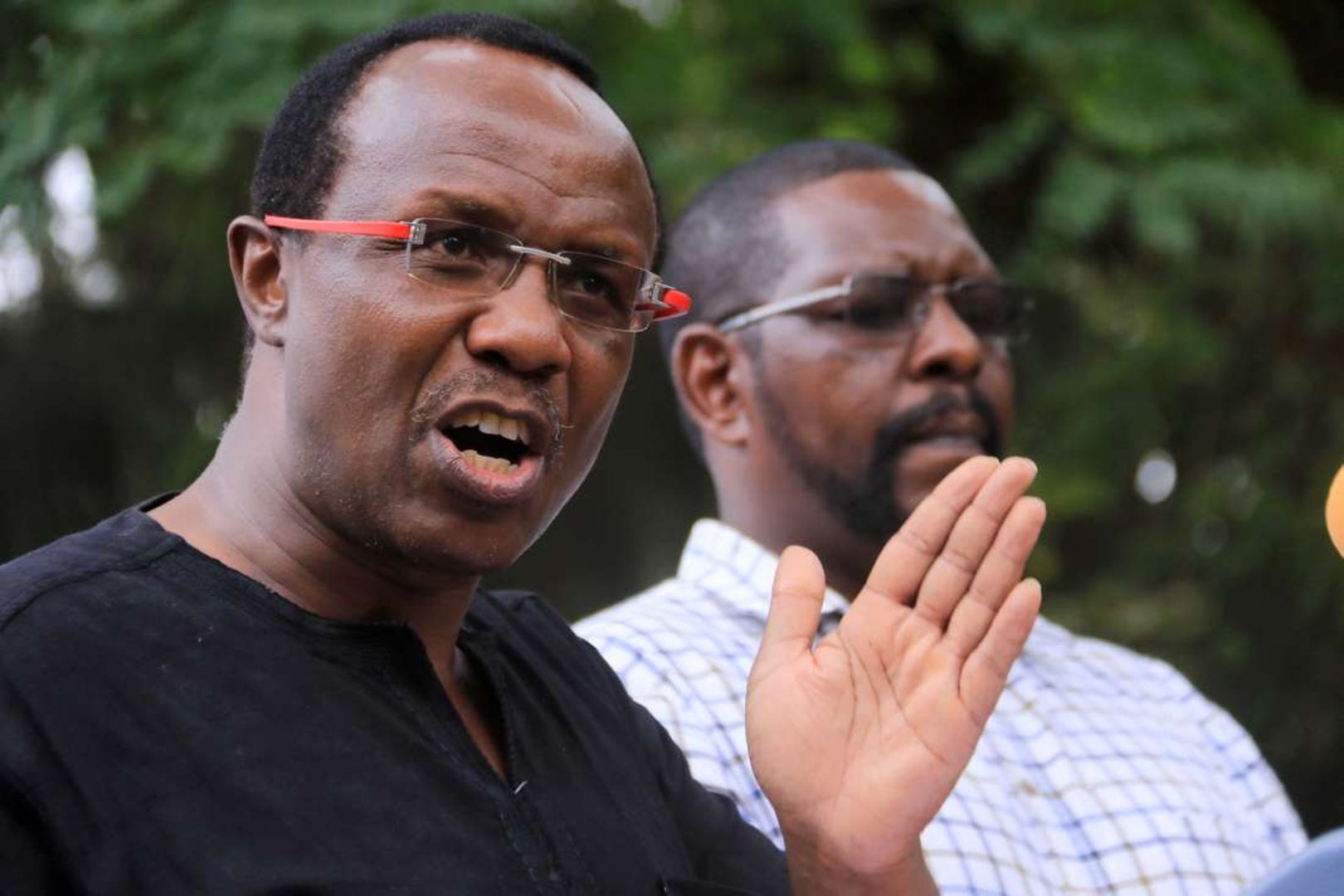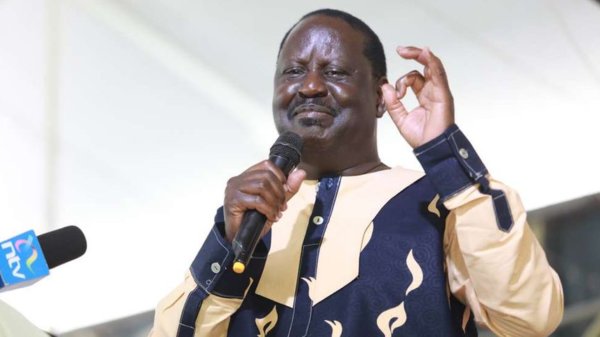
david ndii
The chairperson of the President’s Council of Economic Advisers (CEA), David Ndii, has warned that Kenya’s shrinking economy will force businesses to close.
In a statement via X on Tuesday, Ndii accused former President Uhuru Kenyatta of creating his legacy through borrowing at the expense of producers to satisfy the elite in the social class.
“Uhuru’s economic legacy is fake debt financed prosperity which benefited urban rentier elites, at the expense of producers, reflected in consumerism similar to resource windfalls economists call “Dutch Disease”. There was no other way this was going to end but in tears,” Ndii wrote.
The economist noted that the Kenyan economy might not turn around soon and urged Kenyans to focus on production which guarantees profits.
“This economy is going to shrink. The other day someone who deals in high-end cars asked me when I think economy would turn around. I gave him my honest opinion, told him his line of business was unlikely to recover and he might want to look into a production-oriented sector,” he added.
“Fortunately he’s already doing some farming. Gave him a few tips on some value chains to think about (most people don’t know that farming accounts for only 20% of agricultural value chains— the rest is input supply, logistics, processing etc).”
Ndii also warned businesses that rely on the government to prepare for disruption, predicting that the state of the economy would even force some high-end entertainment venues to close.
“If you are in a government-facing or dependent business, prepare for disruption. The facilities gaming the NHIF will have to shape up or ship out. Most high-end entertainment joints where tenderpreneurs blow 100k a night will have to reinvent or close,” he said.
According to Ndii, the economy is struggling because of debts and the current administration is weaning the economy from debt consumption addiction to production.
His comments come after the Central Bank of Kenya said that inflation risks remain high going forward, although the inflation rate for November 2023 remained at 6.8 per cent compared to 6.9 per cent in October.
Also Read :Uhuru Breaks Silence On DRC Rebel Movement Launched In Nairobi



































































